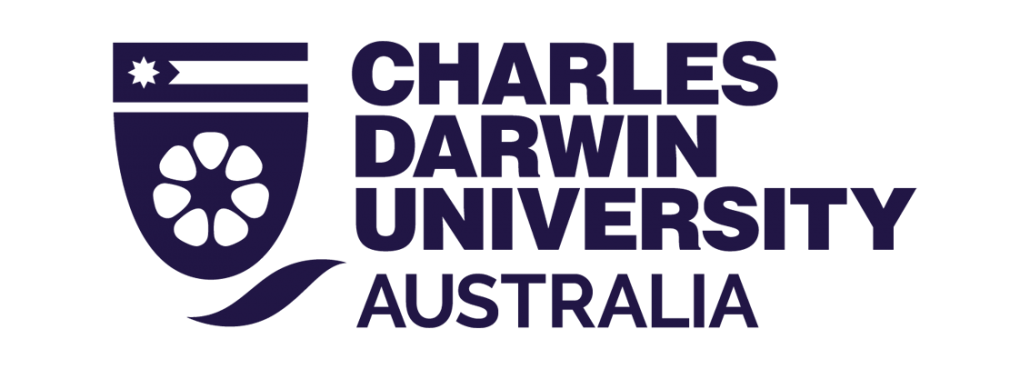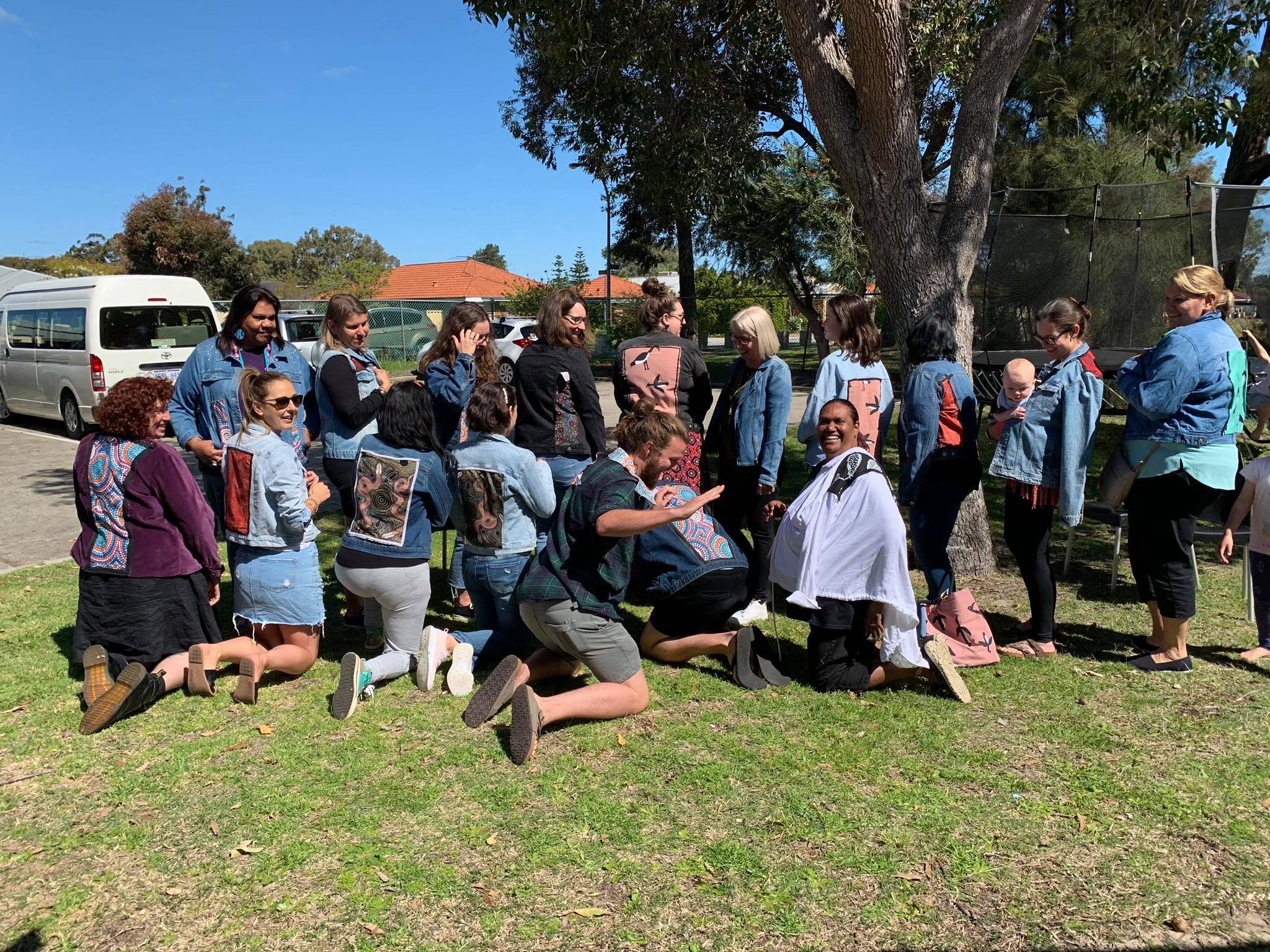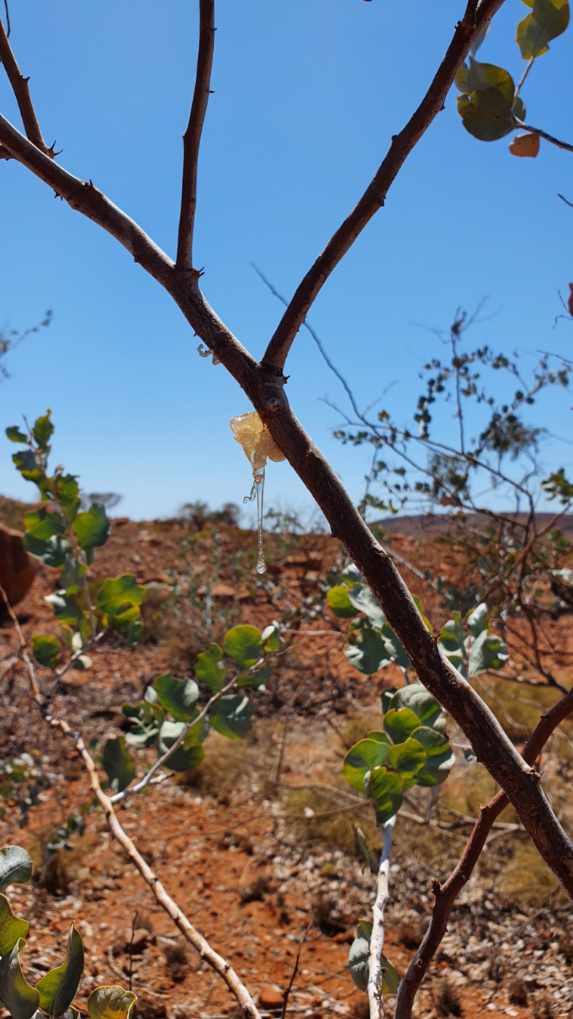How can everyday Australians help to achieve a more just and equitable nation where Aboriginal and Torres Strait Islander cultures are recognised and celebrated as a proud part of a unified national identity? In seeking answers to this question we need to consider, what does reconciliation look like in action?
Indigenous tourism operators are providing opportunities for visitors to their Country to appreciate their rich culture and learn more about our shared history. Reconciliation requires us to face our past, sit with the tensions of where we find ourselves now, and together, enact our desired future: moving forward while looking back.
Led by PhD candidate Nicole Curtin this project is exploring how Indigenous tourism can support the processes and goals of reconciliation to achieve a more fair and sustainable society.
Would you like to be involved?
We are hoping to speak to people who have participated in Aboriginal tourism to hear about your thoughts and experiences. You might be an Indigenous tourism operator, or maybe you have attended a cultural tour, a workshop, an event, a rally or even a museum or art gallery. It would be great to speak with you! We can meet online, over the phone, or in person in Perth.
If you are interested in participating or would like any further information, please email nicole.curtin@cdu.edu.au or phone/message 0458 480 458.
This project has approval from the Charles Darwin University Human Research Ethics Committee (clearance reference number H19019).
Current collaborations
Through engaging in Aboriginal tourism activities across Western Australia and the Northern Territory and spending time with tourism hosts and their visitors, Nicole is seeking to understand more about the two-way processes of reconciliation.
This project is adopting collaborative ‘ground-up’ research practices to give voice to the lived experiences of participants. We are grateful for the collaborations with the following Aboriginal tourism operators who have so generously helped us to understand more about their Country and culture:
- Bart Pigram: Yawuru owner/operator of Narlijia Experiences Broome (Broome)
- Clinton Walker: Ngarluma and Yindjibarndi owner/operator of Ngurrangga Tours
(Karratha) - Kerry-Ann Winmar: Whadjuk Nyungar owner/operator of Nyungar Tours (Perth)
- Marissa Verma: Noongar owner/operator of Bindi Bindi Dreaming (Perth)
- Mick Hayden: Njaki Njaki Nyoongar owner/operator of Njaki Njaki Aboriginal Cultural Tours (Merredin)
- Roland Burrunali: Bininj tour guide with Injalak Arts and Craft (Gunbalanya)
Publications
Curtin, N., & Bird, S. (2021). “We are reconciliators”: When Indigenous tourism begins with agency. Journal of Sustainable Tourism, 30(2–3), 461–481. https://doi.org/10.1080/09669582.2021.1903908
Curtin, N., Bird, S., & Woodroffe, T. (2021, May 27). ‘More than a word’: Practicing reconciliation through Indigenous knowledge-sharing in tourism. The Conversation. https://theconversation.com/more-than-a-word-practising-reconciliation-through-indigenous-knowledge-sharing-in-tourism-158563
Curtin, N., Pigram, B., Bird, S., & Wallace, R. (2022). “We are that beacon”: Illuminating Indigenous advantage through tourism. Manuscript under review.
Curtin, N., Walker, C., & Woodroffe, T. (2022, Aug 26). Sacred Aboriginal sites are yet again at risk in the Pilbara. But tourism can help protect Australia’s rich cultural heritage. The Conversation. https://theconversation.com/sacred-aboriginal-sites-are-yet-again-at-risk-in-the-pilbara-but-tourism-can-help-protect-australias-rich-cultural-heritage-188524
Curtin, N., & Woodroffe, T. (2022). “Come and know a little about your own backyard”: Transformative learning potentials through Australian Indigenous knowledge-sharing. Manuscript submitted for publication.



















